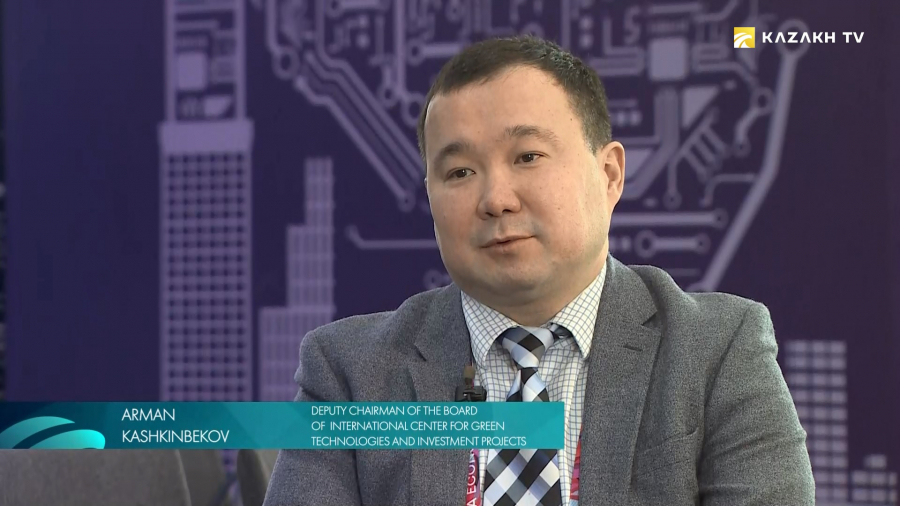
In this discussion, Dr. Sahar Khamis, a communication professor at the University of Maryland, examines the implications of ongoing Middle Eastern conflicts for the upcoming U.S. presidential election. She highlights how recent events, particularly in Gaza, could sway Arab and Muslim American voters, who have expressed disillusionment with U.S. foreign policy. Sahar Khamis contrasts the approaches of Democratic candidate Kamala Harris and Republican Donald Trump, noting that while both parties assert Israel's right to defend itself, there are emerging voices within the Democratic Party calling for a more conditional support approach.
She also anticipates the potential for renewed protests among American youth, drawing parallels to recent demonstrations against the war in Gaza. While acknowledging that some student activism may arise in response to escalating tensions in Lebanon and Iran, she suggests it may not reach the same scale as prior movements. The professor warns that if the situation worsens, it could significantly impact the electoral prospects for both candidates, particularly Harris, as disenchanted voters might opt for alternative choices, signaling their dissatisfaction with current policies.









